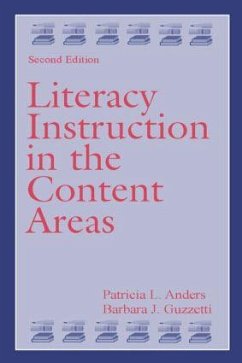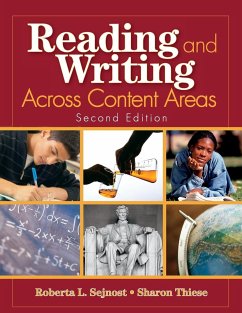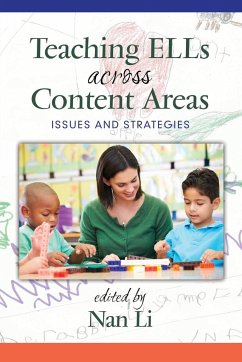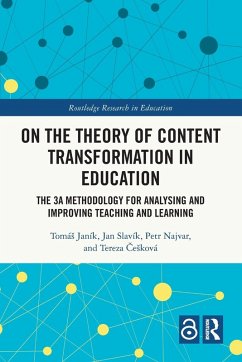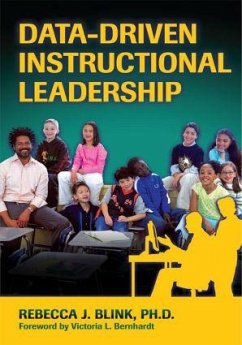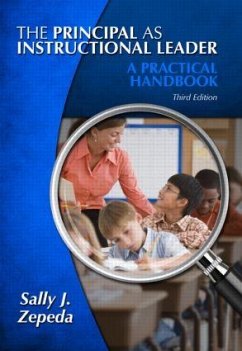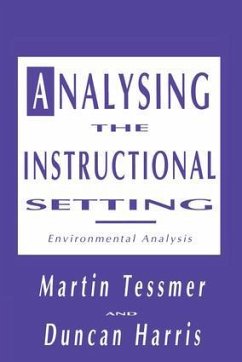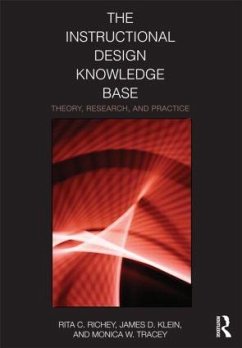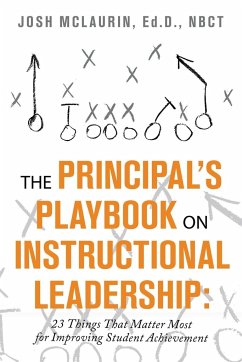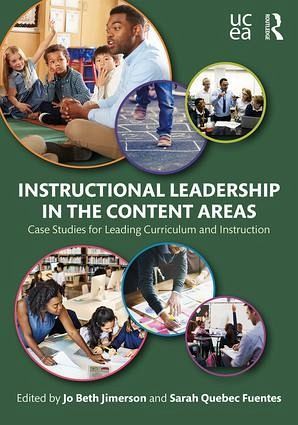
Instructional Leadership in the Content Areas
Case Studies for Leading Curriculum and Instruction
Herausgeber: Jimerson, Jo Beth; Fuentes, Sarah Quebec

PAYBACK Punkte
27 °P sammeln!
Co-published with University Council for Educational Administration (UCEA), this textbook prepares aspiring educational leaders for the important and challenging task of supporting instruction in their schools. Instructional Leadership in the Content Areas equips leaders-who might not have content backgrounds that align with those of the teachers they supervise-with research-based practices and knowledge specific to a range of subject areas. Presenting over 20 problems-based cases at the elementary, middle, and high school levels and across seven areas of content, this book deepens knowledge o...
Co-published with University Council for Educational Administration (UCEA), this textbook prepares aspiring educational leaders for the important and challenging task of supporting instruction in their schools. Instructional Leadership in the Content Areas equips leaders-who might not have content backgrounds that align with those of the teachers they supervise-with research-based practices and knowledge specific to a range of subject areas. Presenting over 20 problems-based cases at the elementary, middle, and high school levels and across seven areas of content, this book deepens knowledge of exemplary instruction, improves feedback dialogues, and helps leaders work effectively alongside teachers and instructional specialists. Rich with activities, resources, and discussion questions, this casebook provides a broad overview of instructional leadership and the tools for school leaders to improve and support classroom practices across all content areas in intentional ways that support career-long professional growth. Case facilitation notes are available here: www.routledge.com/9781138578845





